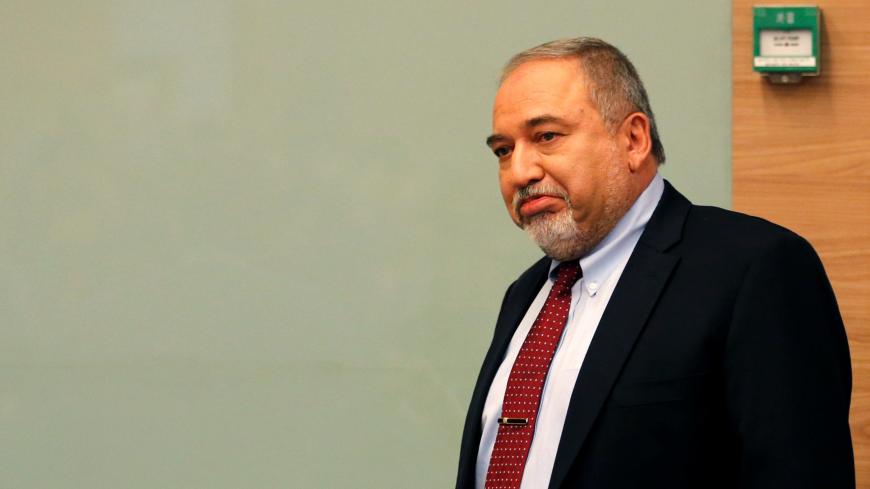The final round: Netanyahu versus Liberman
Yisrael Beitenu leader Avigdor Liberman, by standing firm on his one condition for joining a government by Prime Minister Benjamin Netanyahu, has set the stage for what looks to be the last round in the political struggle between the two men.

Nothing like this has ever happened in Israel. On May 29, Prime Minister Benjamin Netanyahu — 50 days after delivering the most enthusiastic victory speech of his career on April 10, having defeated Blue and White, headed by three former army chiefs of staff, by winning an unfathomable 35 Knesset seats — was dragged into new elections scheduled for Sept. 17. For the first time in the history of the state, two general elections will be held in the same year, in fact, less than six months apart. The 21st Knesset, elected on April 9, served barely one month before voting itself out of office on May 29. At what appeared to be the peak of Netanyahu's power, he was caught at his lowest ebb. Careening ahead at 200 miles miles an hour, he crashed head on into reality, experiencing the limits of power firsthand. Now he will have to restart his Sisyphean campaign to avoid criminal prosecution, albeit with somewhat favorable odds.
By law, Netanyahu had until the close of May 29 to form Israel’s 35th government, a task entrusted to him by President Reuven Rivlin. He will surely remember the three days before the deadline as his worst nightmare since losing the 1999 elections. Netanyahu found himself in a dizzying spin, spiraling increasingly out of control, as the hours passed. The greatest threat he faced was Rivlin entrusting another Knesset member with forming the government as the law allows. His main rival, Blue and White Chair Benny Gantz, was not his chief concern at that point. Rather, he was afraid that Rivlin might pick another Likud member for the job. Had that happened, a new government could have been assembled in minutes. Blue and White had already announced that it would join a unity government with the Likud as long as Netanyahu was out of the picture.








